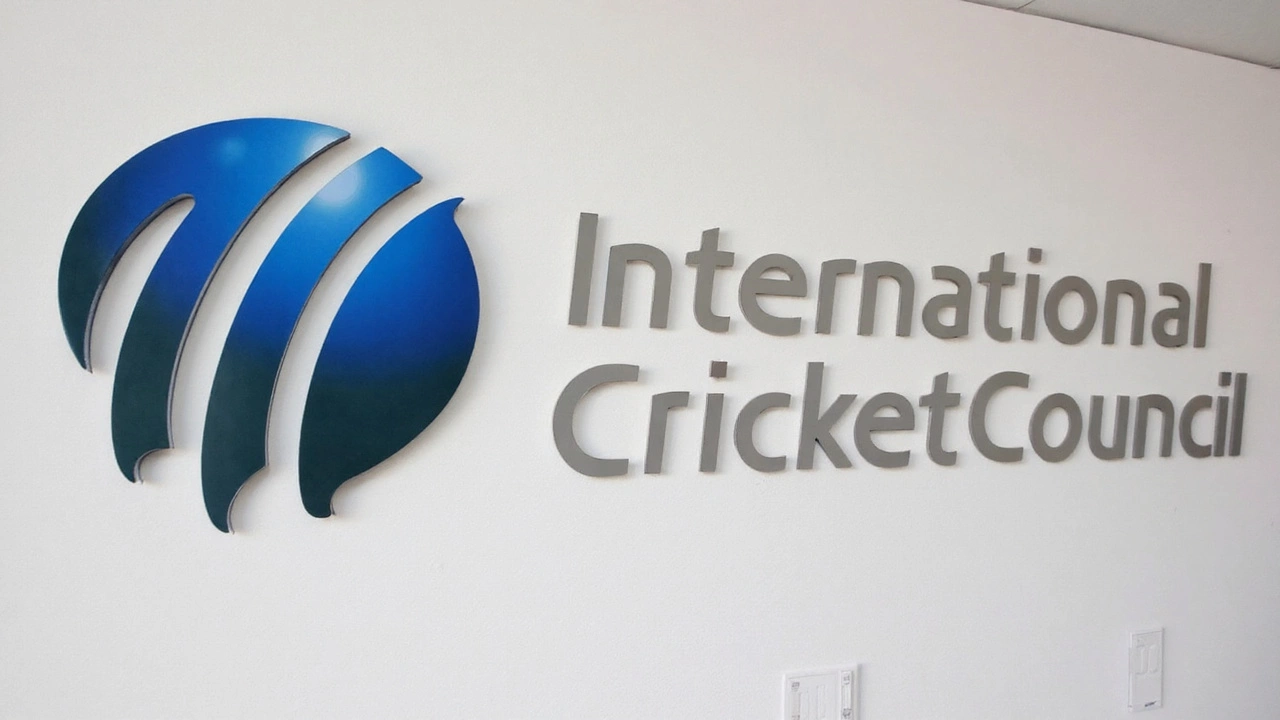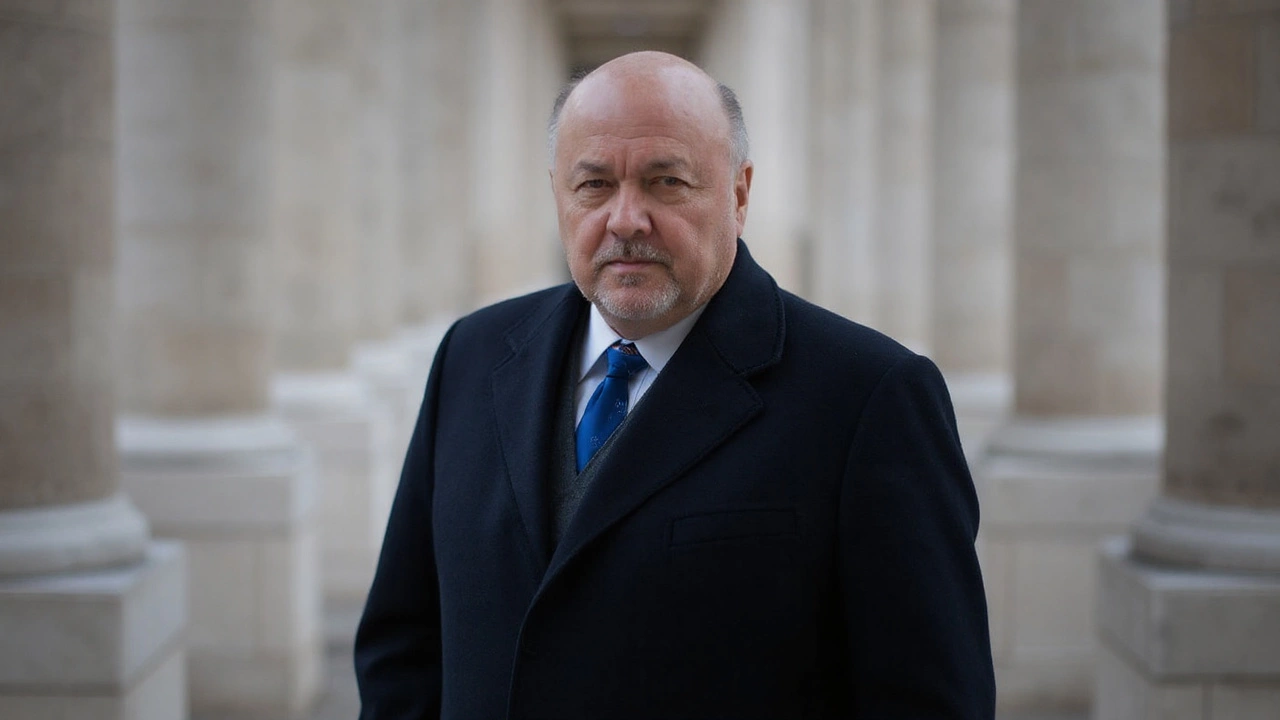ICC’s War Crimes Probe Into Israel Under Fire: A Web of Threats, Politics, and Smears
The International Criminal Court (ICC) hasn’t seen this much chaos in a while. Chief Prosecutor Karim Khan has been in the crosshairs since he started looking into alleged war crimes committed by Israeli officials during the ongoing conflict in Gaza and the West Bank. In 2023, Khan issued arrest warrants for high-profile names like Prime Minister Benjamin Netanyahu and former Defense Minister Yoav Gallant, a move that triggered a wave of backlash across continents.
Things came to a head in May 2024. At a hotel in The Hague, British-Israeli lawyer Nicholas Kaufman delivered a warning straight to Khan’s face. Pursue the warrants, he said, and Khan—as well as the ICC—would be “destroyed.” Sitting nearby, Khan’s wife, Shyamala Alagendra, heard every word, interpreting it not as a general statement, but as a direct threat against her husband. Kaufman later insisted he wasn’t representing Israeli interests and claimed he couldn’t make threats on Israel’s behalf.
The pressure didn’t stop at ominous hotel conversations. Word spread that David Cameron, the UK’s former Foreign Secretary, compared the ICC’s action to “dropping a hydrogen bomb,” suggesting the UK might cut funding or even pull out of the Rome Statute if warrants for Israeli officials went ahead. On the other side of the Atlantic, US Senator Lindsey Graham openly railed against the court, branding it irrelevant for “democracies like Israel” and threatening sanctions. The message from some Western powers was unmistakable: back off, or face serious consequences.
It wasn’t just talk, either. Dutch intelligence authorities took the unusual step of briefing Khan directly—they suspected Israeli intelligence agency Mossad was keeping tabs on him in The Hague. It’s not every day a prosecutor has to worry about being shadowed by a foreign spy agency while trying to bring a case forward.

Intimidation Tactics Go Personal: Smears and Sexual Misconduct Claims
While the political and diplomatic heat was being cranked up, a different kind of attack started swirling in the background. Sources close to the investigation claimed there was a coordinated campaign to discredit Khan on a more personal level. Whispers of sexual misconduct by Khan made the rounds, but these allegations appear to be unsubstantiated, with insiders suggesting it’s all part of a wider smear effort to kill the probe before it can cause real political damage.
The situation became so fraught that the ICC pulled back on making any new public announcements about warrants for now. Some at the court believe that bowing to the pressure and dropping the warrant for Netanyahu could spell the end for the ICC’s reputation—and for the fragile global rules that try to keep the world’s most powerful in check. If the world’s top war crimes tribunal flinches in the face of political or personal intimidation, sources warn, then the idea of international justice takes a serious hit.
Through it all, Karim Khan seems determined to keep going despite the threats. But the mix of political blowback, intelligence meddling, and personal attacks has made this one of the ICC’s most explosive—and dangerous—investigations ever. The fate of the ICC and the very notion of holding leaders accountable on the world stage might be riding on what happens next.
